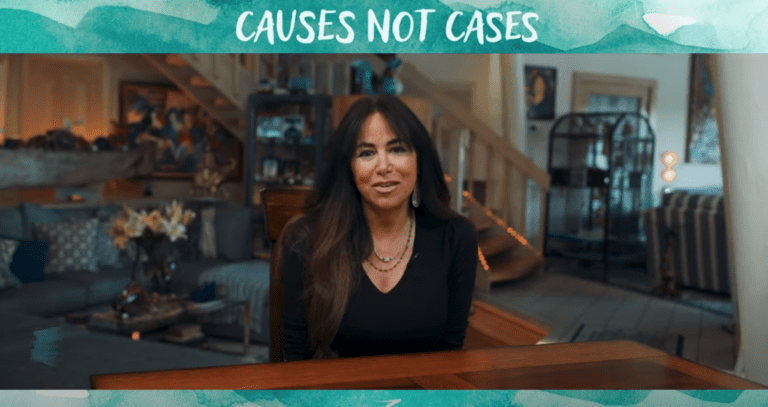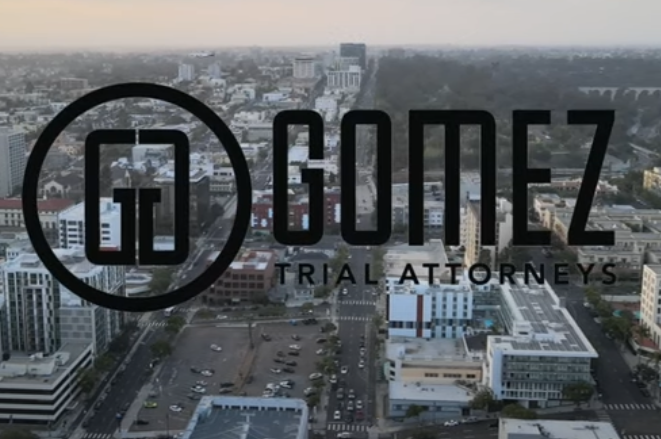
After an accident, things can move fast. You know you must begin an insurance claim to start the recovery process and alert your insurer, but you may not know what to tell them or the proper procedures for dealing with an insurance company following an accident.
Understanding the role of an insurer and your obligations as an insured following a crash can ensure you do not make any mistakes that leave an irreparable effect on your case and the compensation you recover.
Insurance companies are quick to jump into the mix after a car crash, and you must prepare to deal with their attempts to contact you and any requirements you may have to notify them after an accident.
Doesn’t Your Insurance Company Work for You?
You may be wondering why your statements to your own insurance company could negatively affect your case. After all, don’t you pay the insurance company to protect you in such instances? While you are correct in your assessment that you pay premiums to protect your property, the insurance company does not work for you or have your best interests in mind at any point in the process. Insurance companies are a business, they will pay out damages reluctantly when they have to but they will not willingly hand over money without making it a challenge.
Your insurance company and the other party’s insurance company have one thing in mind. These companies want to close your open claim as soon as they can and save the company any money they can in the process. Do not feel, because you are speaking or dealing with your own insurance company, that they are your friend or want to help you get the maximum damages. The insurance company may process your claim but not get you the money you need. You need to fight for what you deserve.
Do You Have to Contact Your Insurer After a Car Accident?
If you have to be careful with what you say to your insurance company, would it not be easier to not speak to them at all? While this is a reasonable assumption, your policy may burden you with the requirement of notice. Most insurance policies indicate that an insured involved in any car accident must notify the company within a specific time. Your insurance company can deny your claim based on your lack of notice.
In short, yes, you must contact your insurer after a car accident. How you contact them, however, may depend on your insurance company.
In the past, the most common way to notify an insurance company of an accident was through a phone call. You get home after an accident or while you are recovering from your injuries in a hospital, you call the insurer to let them know you were in an accident.
The insurance rep will ask you questions, and you will receive a call from a representative in charge of your claim.
While this is still how it can transpire with some insurers and some individuals may prefer it, changes in technology and accessibility have created other options for you to notify an insurer after an accident.
Most reputable and larger companies offer mobile applications and websites where you can begin a claim with just a few tidbits of information and clicks of the mouse. This is not to say a claims representative will not call you, as they may expect to speak with you at some point. However, it does meet your obligation of notifying them of the accident and may buy you some time to decide how you will move forward in your case and to hire an attorney.
Just as in a conversation, be careful not to share information beyond what is necessary to meet the notice requirement through the application.
What You Say Can Have Unintended Consequences on Your Case
Ultimately, the reason you must move with caution when speaking to your insurer or any other insurer is that anything you say to these companies and their representatives will likely be on the record and used against you in the processing of your claim.
You may think the other party to the accident is at fault and that you have nothing to lose by speaking to an insurance company. However, fault is not the only area of concern when speaking to an insurer. Anything that reveals your potential injuries, your state of mind, and even your perception of the events and the aftermath can influence what compensation, if any, you recover.
The consequences of too much information or incorrect statements to an insurer can lead them to deny your claim. A denial of a claim can leave you with little option to recover any compensation in your case. Even when an insurer does not deny a claim outright, it can still cause you to miss out on significant amounts of compensation for your losses.
Insurers will pressure you to answer their questions on the spot even when you may not know what exactly is happening.
After an accident, you are likely still processing what happened and may not yet have a clear picture of your injuries or how you are feeling. This is not the best time to delve into the details of your accident or to say with certainty what your damages are.
What to Avoid When Speaking to Your Insurance Company?
Now that you understand the effects your conversation with your insurance company can have on your case, you can go over what exactly you must avoid speaking to your insurer about in your initial communications.
- Do not admit to anything or apologize—It is instinctual for some people to feel guilt after an accident. Accidents are destructive and people suffer injuries, property loss, and naturally, people feel bad about the situation. However, feeling bad about an accident does not mean you should take the blame. An apology to an insurer indicates you think you were at fault. Do not give them any ammunition to run with and make no statement about the fault in the accident.
- Do not give an opinion—The insurance company representative is often one of the first people that will ask about the accident. When you are angry and frustrated you are likely eager to get things off your mind. However, this is not the party to vent with. Do not tell your insurance company what you think may have happened or who you believe is at fault. Do not go into the details of the accident. Stick to the facts and answer only the most basic questions.
- Do not say you think you are okay—You may think you know how you feel, but car accident injuries can sneak up on you when you least expect it. You may walk away feeling like you are in the clear only to find you are in pain or unable to function properly in the hours and days after a crash. Telling an insurer you are fine and have no injuries can create problems when you later discover you have injuries and need compensation for them.
- Do not talk about your injuries—When it comes to injuries, your conversation with your insurance company is not the time to talk about your injuries, recovery, or prognosis. It takes time to figure out how an injury will affect your life and what the outcome of the injury and healing will look like.
- Do not go into detail—When you do answer a question, limit what you say. Keep it short and simple. Do not go off into conversation or detail about any one aspect of your case. Too much conversation can lead you to inadvertently make a statement or comment that can harm your case and chances of recovery.
- Do not agree to anything—When insurers see that the fault for an accident is clear and that the company is liable, the claims representative will push for a quick resolution. They are likely to make you an offer to settle, and it may catch you by surprise. Do not agree or accept any offers from the insurance company. Once you accept a settlement, you will be unable to seek any additional compensation and your claim will get closed out.
What Can You Say to Your Insurance Company?
After much discussion about what not to say to your insurance company, it can be helpful to know what is acceptable and not likely to cause any disruption or challenge in your case. Notifying your insurer of an accident requires you only to provide the necessary information to begin a claim.
You do not need to subject yourself to their questions or say anything beyond giving basic information about the accident.
The following is a guide of what you can say to your insurer after a motor vehicle collision.
- Say no to the recording of the call—One of the first things a representative will ask you after introducing themselves is for your permission to record the call. Say no. You do not need to explain. Just a simple no will suffice.
- Your identifying information—You can give your name, address, and contact information to the representative and which vehicle on your policy was in the accident.
- The other driver’s name and information—The police at the accident scene will provide you with an informational report. You can provide the name, contact information, and insurer of the other driver to your insurance company.
- The location of the accident—You can give your insurer the location of the accident. You may provide the intersection or approximate cross streets of where the accident took place.
- The date of the accident—You must let your insurer know when the accident happened. You can give the date of the accident and if you know the time. Be careful to only answer if you know. Often, the scene of an accident can take a long time to process and you may not have the exact time at the front of your mind when asked. It is better to say you do not know than to say something inaccurate that conflicts with other information.
Should You Speak to the At-Fault Party’s Insurance Company?
While you are under certain obligations to speak to your insurer under your policy and contract with them, you have no obligation to speak to anyone else following an accident. The at-fault party’s insurance company will try to contact you. Do not speak with them under any circumstances. Let your lawyer do this for you.
When Should You Contact a Lawyer for Assistance with Your Car Accident Case?
Managing insurance companies, whether your own or the other party’s insurer, after a crash is stressful. Hiring an attorney sooner rather than later will let you get relief from these burdensome calls and messages and know your case is in good hands. Contact a lawyer the moment you have a chance to after an accident. There is no such thing as calling a lawyer too soon when you are a victim of negligence in a motor vehicle accident.
Most personal injury lawyers offer free case evaluations. Schedule one as soon as possible so that you can discuss the details of your case and go over any questions you may have and what your rights are under the law. A car accident lawyer will help you protect your rights after a collision and fight for the money you need to recover your losses in its aftermath.







